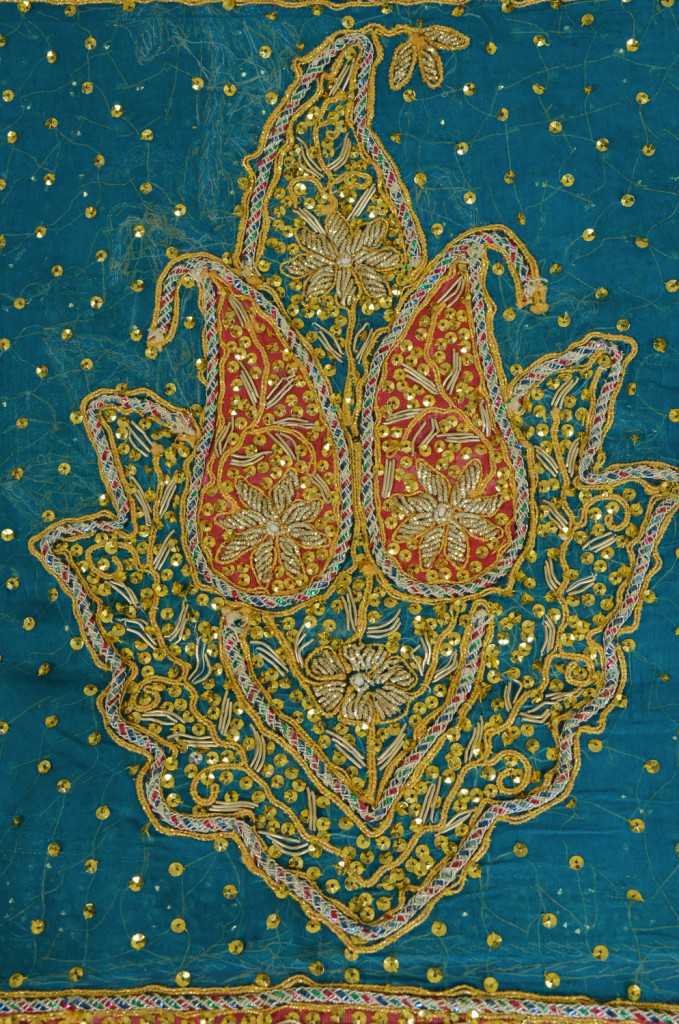===
0266,
5
===

=== |
 |
dimāġh : 'The brain; head, mind, intellect; spirit; fancy, desire; airs, conceit; pride, haughtiness, arrogance; intoxication; high spirits'. (Platts p.526)
ẓuʿf : 'Weakness, feebleness, debility, infirmity, imbecility (of mind or body), unsoundness; feeble action (of the heart, &c.); fainting, a fainting-fit, swoon'. (Platts p.749)
beshtar : 'More, most; better; exceeding; —mostly, for the most part, usually, generally'. (Platts p.209)
ḳhayāl : 'Thought, opinion, surmise, suspicion, conception, idea, notion, fancy, imagination, conceit. whim, chimera; consideration; regard, deference; apprehension; care, concern'. (Platts p.498)
FWP:
SETS == POETRY
MOTIFS
NAMES
TERMS == THEMEThe first line may be asking 'Who has the mental energy to compose poetry?' or else 'Who has the pride or arrogance to compose poetry?'; and the barrier may be anything from physical weakness (including fainting fits or swoons), to 'imbecility' (see the definitions above). It's a fine inventory of possibilities!
And of course, the poet's thought may 'remain his own' nowadays because he withholds it from the clamoring fans who want to share it-- or else because nobody really gives a damn. Perhaps the only way he ever shared his thoughts with anyone was by composing poetry, so now without that he is truly alone.
Note for grammar fans: In the second line, what about that hameñ ? I'm not quite sure how it should fit into the line. But the general intent is clear enough.